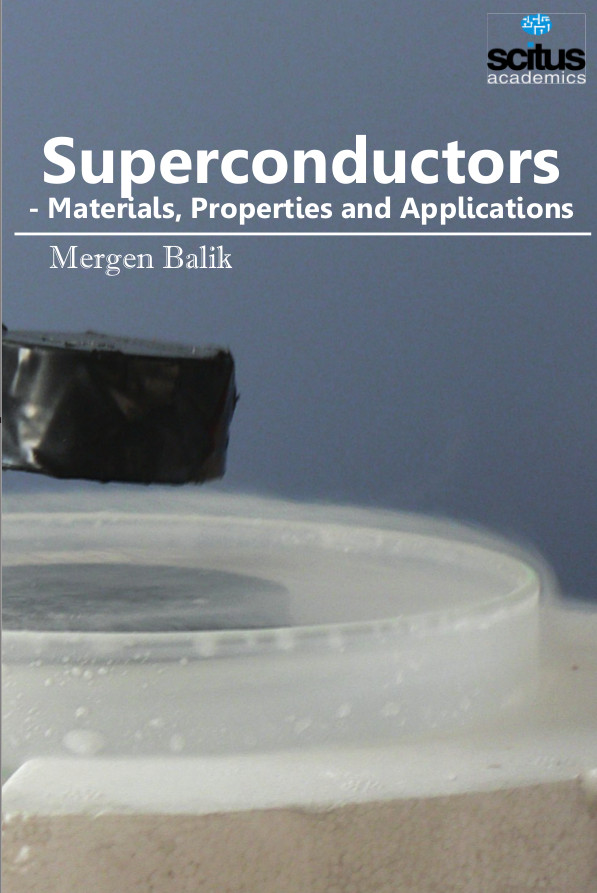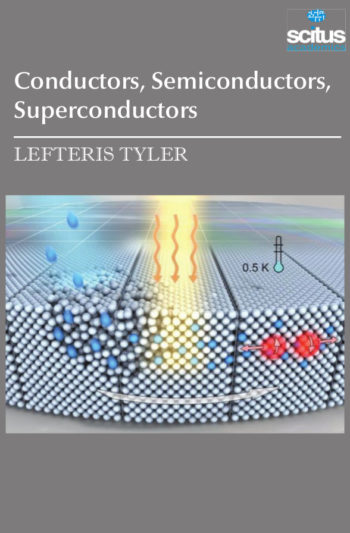Superconductors are materials that conduct electricity with no resistance. This means that, unlike the more familiar conductors such as copper or steel, a superconductor can carry a current indefinitely without losing any energy. They also have several other very important properties, such as the fact that no magnetic field can exist within a superconductor. Superconductors already have drastically changed the world of medicine with the advent of MRI machines, which have meant a reduction in exploratory surgery. Power utilities, electronics companies, the military, transportation, and theoretical physics have all benefited strongly from the discovery of these materials.
Superconductors – Materials, Properties and Applications deals with various aspects of superconductivity, both theoretical and experimental.
Some of the technological applications of superconductivity include: the production of sensitive magnetometers based on SQUIDs; fast digital circuits (including those based on Josephson junctions and rapid single flux quantum technology); powerful superconducting electromagnets used in maglev trains; Magnetic Resonance Imaging (MRI) and Nuclear magnetic resonance (NMR) machines, magnetic confinement fusion reactors, and the beam-steering and focusing magnets used in particle accelerators; low-loss power cables, etc.













